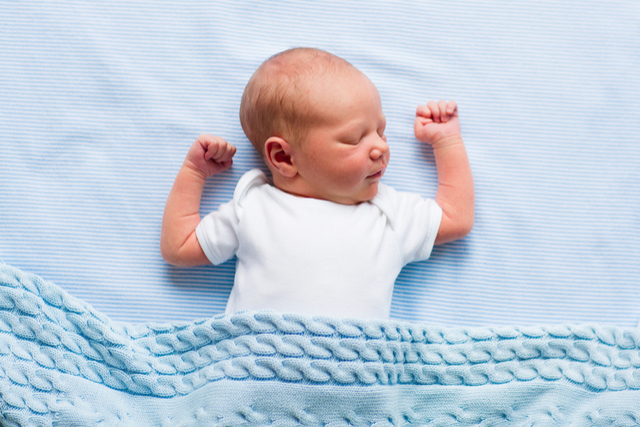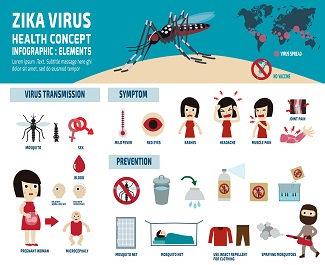Sweating during sleep is very common in children. Many parents worry when they find their baby drenched in sweat at night. While this is normal for most babies, it should be a concern for parents in some situations.
Common causes of babies sweating during sleep
1. Immature Nervous System
The nervous system of our human body controls the body temperature. For newborn babies, the nervous system may not be fully developed and thus, newborn babies are not able to regulate their body temperature like adults.
2. Baby Sweating In Deep Sleep
Newborn babies may sweat profusely during the deep sleep period of the sleep cycle. Since babies spend a lot of time in deep sleep, they are more likely to sweat at night compared to older children and adults.
3. Over-bundling
Overdressing your baby can result in excessive heating as well. Using blankets, comforters or quilts can impair your baby's ability to breathe.
When will it be a concern?
1. Congenital Heart Problem
If your child sweats excessively during ordinary activities such as feedings, you should seek your pediatrician’s help. It might be a sign of a congenital heart problem. It occurs due to a defective development of the heart in the fetus. Babies with heart disease sweat during ordinary activities because their hearts have to work hard to pump blood efficiently.
2. Hyperhidrosis
If your baby sweats profusely even when the room is cool, he may suffer from a condition called hyperhidrosis. This means that he is sweating beyond what his body needs to maintain normal body temperature. People who have sweaty hands and feet usually have this condition.
It can be treated as the baby gets older by practicing sweat management techniques, such as using an antiperspirant.
3. Sleep Apnea
Sleep apnea is another common cause of night sweats in babies. The condition makes the baby pause for at least 20 seconds while breathing. Hence, the infant’s body has to work excessively hard to breathe. Sleep apnea commonly affects premature babies.
4. Other Underlying Conditions
Excessive sweating may also be due to a disorder in the nervous system, breathing problems, an overactive thyroid gland, or a genetic disorder. Although these conditions are not common, you should consult your pediatrician if you feel concerned.
How to prevent your baby from sweating:
1. Avoid Overheating
If your room is too warm, excessive sweating can occur. Adjust your room temperature to a comfortable range. As a rule of thumb, if you feel hot, your baby most likely feels hot too. Clear the unnecessary blankets and wraps from your baby’s crib to help him or her sleep comfortably.
It should be noted that overheating is linked to SIDS (sudden infant death syndrome). Overheating may cause the baby to fall into a deeper stage of sleep that makes it difficult for him to wake up.
2. Avoid Overdressing
Dress your baby in comfortable night clothing. A lightweight sleeping gown in soft, breathable material should be the most comfortable attire for your baby at bedtime.
You should keep your baby comfortably warm at night, without bundling him up too much. In a warm weather like Singapore, you should dress him or her in comfortable and lightweight pajamas or undershirts.
Points To Ponder:
If your baby still sweats while sleeping after you try the above measures, you may want to consult a pediatrician to diagnose the exact cause and give your child the appropriate treatment.
Lastly, make sure that you hydrate your baby properly before putting him or her to bed to ensure that he or she stays hydrated.
The article is for information purpose only. The content is not intended to be a substitute for professional medical advice, diagnosis, or treatment.



